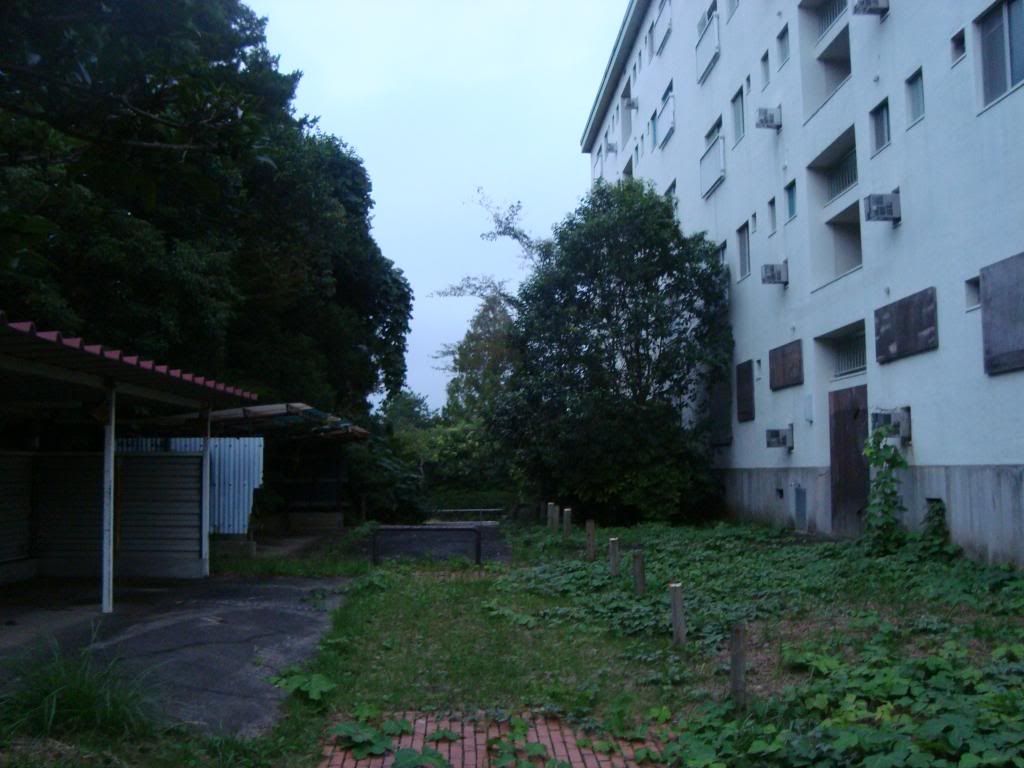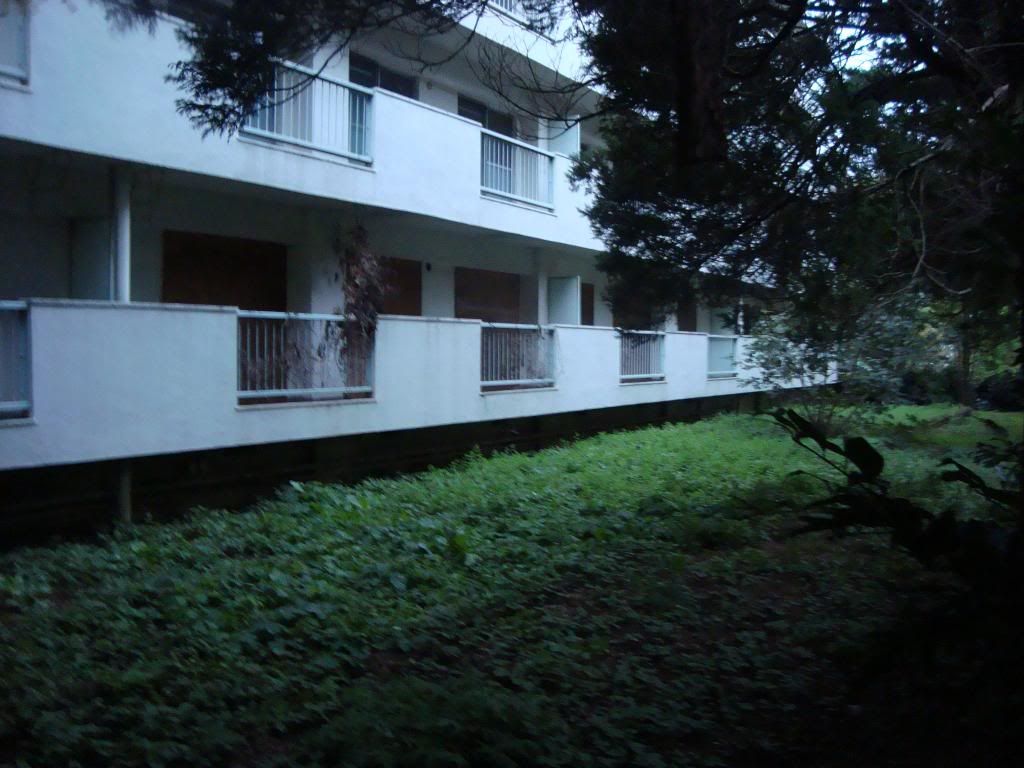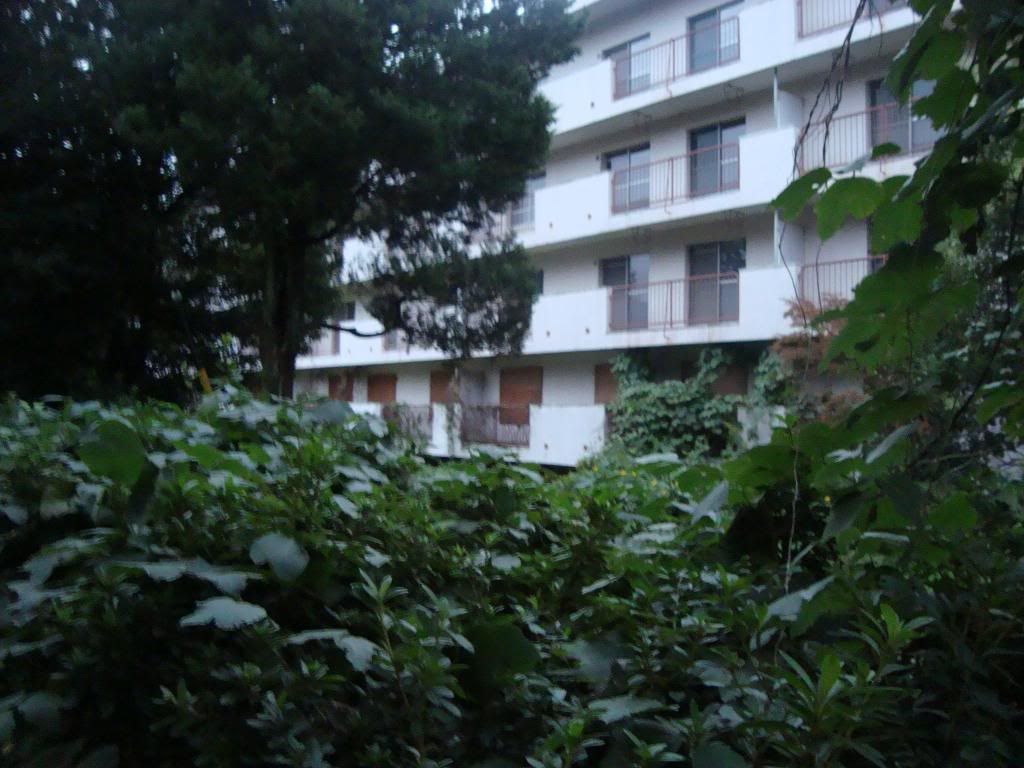General Discussion
Related: Editorials & Other Articles, Issue Forums, Alliance Forums, Region ForumsAmy Goodman: Fukushima: An Ongoing Warning to the World
from truthdig:
Fukushima: An Ongoing Warning to the World
Posted on Jan 15, 2014
By Amy Goodman
TOKYO—“I write these facts as dispassionately as I can in the hope that they will act as a warning to the world,” wrote the journalist Wilfred Burchett from Hiroshima. His story, headlined, “The Atomic Plague” appeared in the London Daily Express on Sept. 5, 1945. Burchett violated the U.S. military blockade of Hiroshima, and was the first Western journalist to visit that devastated city. He wrote: “Hiroshima does not look like a bombed city. It looks as if a monster steamroller had passed over it and squashed it out of existence.”
Jump ahead 66 years, to March 11, 2011, and 600 miles north, to Fukushima and the Great East Japan Earthquake, which caused the tsunami. As we now know, the initial onslaught that left 19,000 people dead or missing was just the beginning. What began as a natural disaster quickly cascaded into a man-made one, as system after system failed at the Fukushima Daiichi nuclear power plant. Three of the six reactors suffered meltdowns, releasing deadly radiation into the atmosphere and the ocean.
Three years later, Japan is still reeling from the impact of the disaster. More than 340,000 people became nuclear refugees, forced to abandon their homes and their livelihoods. Filmmaker Atsushi Funahashi directed the documentary “Nuclear Nation: The Fukushima Refugees Story.” In it, he follows refugees from the town of Futaba, where the Fukushima Daiichi plant is based, in the first year after the disaster. The government relocated them to an abandoned school near Tokyo, where they live in cramped, shared common areas, many families to a room, and are provided three box lunches per day. I asked Funahashi what prospects these 1,400 people had. “There’s none, pretty much. The only thing the government is saying is that (for) at least six years from the accident, you cannot go back to your own town,” he told me.
The refugees were given permits to return home to collect personal items, but only for two hours. Like Wilfred Burchett, Funahashi had to violate the government’s ban on travel to a nuclear-devastated area in order to catch the poignant moments of one family’s return on film. He explained how the family gave him one of their four permits to take the trip: “I tried to negotiate with the government, and they didn’t give me any permission to go inside there. And no other independent journalist or documentary filmmakers got permission to go inside. But I got along very well with this family from Futaba,” he explained, and sneaked back on their short trip. ........................(more)
The complete piece is at: http://www.truthdig.com/report/item/fukushima_an_ongoing_warning_to_the_world_20140115
Octafish
(55,745 posts)From Amy Goodman:
The government’s refusal to grant Funahashi access is indicative of another significant problem that has emerged since the earthquake: secrecy. Japan’s conservative prime minister, Shinzo Abe, enacted a controversial state secrecy law early last December. Here in Tokyo, Sophia University Professor Koichi Nakano says of the new law, “Of course, it concerns primarily security issues and anti-terrorist measures. But ... it became increasingly clear that the interpretation of what actually constitutes state secret could be very arbitrary and rather freely defined by government leaders. For example, anti-nuclear citizen movements can come under surveillance without their knowledge, and arrests can be made.”
And just the other day on DU people were writing how silly it is to worry about Fukushima.
madokie
(51,076 posts)for a long long time
I've noticed its only a few here who try to explain the dangers away, make excused for and try to intimidate those of us who don't buy their shit. Although they're few in numbers they are a very loud and vocal bunch.
My hope is we've seen the worse but I'm not convince of that yet
Octafish
(55,745 posts)You know, the Warren Commission got it right and we've learned nothing new and shouldn't this be moved to the appropriate DUngeon. They've even floated the idea of moving Fukushima threads to where few will find and read them. It's un-democratic, to put it mildly.
http://onenessofhumanity.wordpress.com/tag/gregory-jaczko/
As for the dangers represented by Fukushima: Gregory Jaczko, the guy who headed the NRC at the time, said it was an extreme emergency for the United States and the world. He lost his job a couple months later.
ChisolmTrailDem
(9,463 posts)ConcernedCanuk
(13,509 posts).
.
.
Chernobyl is still ongoing . . .
Good thing that nuclear energy is safe and cheap . . . .
I READ IT ON THE INTERNETS!
so it's gotta be true . .
yeah right
(sigh)
CC
Art_from_Ark
(27,247 posts)Last edited Fri Jan 17, 2014, 02:29 AM - Edit history (1)
(Note: NPP means "nuclear power plant", that is, the Fukushima Daiichi complex)
http://radioactivity.nsr.go.jp/ja/contents/9000/8657/24/206_20140114.pdf
As you can see, much of the Futaba area is still seeing radiation levels that are waaaaaaay above normal. For example, at a measuring point in Okuma Town in Futaba County (about 1.5 miles west of the NPP), there was a recent reading of 27.6 microsieverts per hour. For comparison, a normal reading for that area should be around 0.05 to 0.10 microsieverts per hour-- so the ambient radiation is anywhere from 270 to well over 500 times normal levels.
Also, I can't understand why the Japanese government would still be housing those evacuees in an abandoned school in Tokyo, when there are literally hundreds of unoccupied government-owned residences in the Tsukuba area (see photos below for some examples). The evacuees could certainly be using some of that empty space which would also provide them with a bit of privacy and enable them to live a bit closer to their home area.


